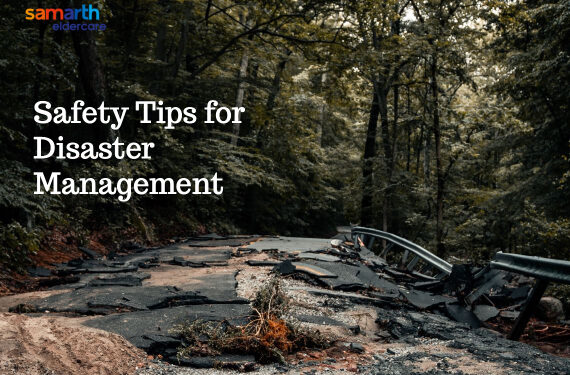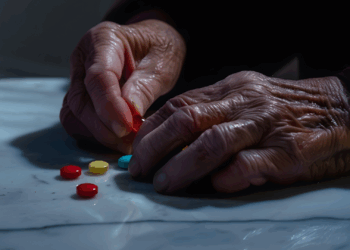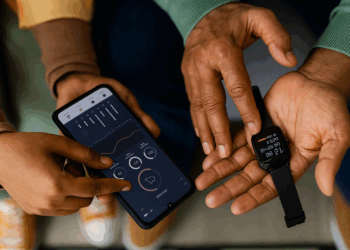Climate change is affecting many parts of the world, resulting in unforeseen occurrences such as floods, earthquakes, cyclones, etc. Natural disasters are mostly unpredictable, despite the advance in technology. We do get warnings for heavy rains and cyclones, but beyond that, it’s not as easy. It is therefore good to know what to do if an earthquake strikes, or your city gets flooded, etc. When disaster strikes heavily, there isn’t much anyone can do; however, often, that is not the case. Low-frequency earthquakes, flooded low-level areas, dams being opened, etc. are what we face commonly. Let’s see what we can do to remain safe during such times.
Earthquakes
Here is a set of dos and don’ts for the earthquake scenario, which usually is the heavy tremors one can feel.

Join Now >
Dos
- If you are indoors and can easily get outside or the tremors are very low, please make your way outside and wait it out.
- If the tremors are heavy, find a sturdy piece of furniture and stay underneath it, and hold on.
- Keep away from windows and glasses as they break easily and can fall on you.
- If you are outside, stay away from trees, electric poles, wiring, etc. Find an open ground or wide roads as that is the safest.
- Move outside only when you are sure that the tremors have stopped and nothing seems to be falling around.
Don’ts
- Do not try to rush out if the tremors are heavy and things around are shaking heavily. Something may fall on you and you may even lose your life.
- Do not use elevators and lifts.
- Do not stay where you are, especially if you are near a wall or any heavy structure that can fall.
- Do not stay under any heavy fixtures that can easily fall off or break during the tremors.
Floods
Floods are usually caused in low-lying areas due to heavy rain, and dam overflows, etc.
Dos
- Always keep one or two emergency kits ready for survival if your area is flood-prone.
- Keep emergency lamps charged and check periodically.
- Since these days, technology helps, follow news and reach out to the local administration and follow their instructions. Ensure you have your power banks charged so the mobiles can keep working until help arrives or power is restored.
- If it is possible, avoid staying in flooded waters and move to the higher floors or terrace till help comes.
- Do not drink tap water or attempt to use any electric appliance as there could be issues.
- Install inverters/generators on the first floor or above to ensure they can work even if the ground floor is flooded.
- Switch off the power mains, if required.
Don’ts
- Do not wade through flood waters. It will be contaminated and also may carry electric current if wires have been broken.
- Do not attempt to use your vehicles to get away unless the local administration says it is safe to do so.
Cyclones
Dos
Cyclones are most often predicted by their severity.
- If you have been asked to evacuate to a local safe house, then please do so.
- Follow the news and instructions to know the cyclone movement and destruction if any, the path, etc.
- If you have safe shelters or bunkers, then please use them as advised.
- Keep emergency lights powered along with emergency kits to tide out a few days, if required.
- Switch off the power mains, if required.
Don’ts
- Do not step out to check on status unless you are told by the administration that it is safe to do so.
- Do not forward unverified messages that can cause panic.
- Do not try to use vehicles immediately after a cyclone, as the roads are risky and gusty winds may continue.
While these are the generic safety measures, depending on the region and the chances of the disaster occurring, local administration proactively keeps passing relevant information. Also, disaster management committees and processes will be in place if you are staying in apartments or communities. Ensure that you attend the awareness sessions on these to know what should be followed. Also, if you are in disaster-prone areas, it is good to have relevant insurance coverage to try and salvage the situation in the worst case.








